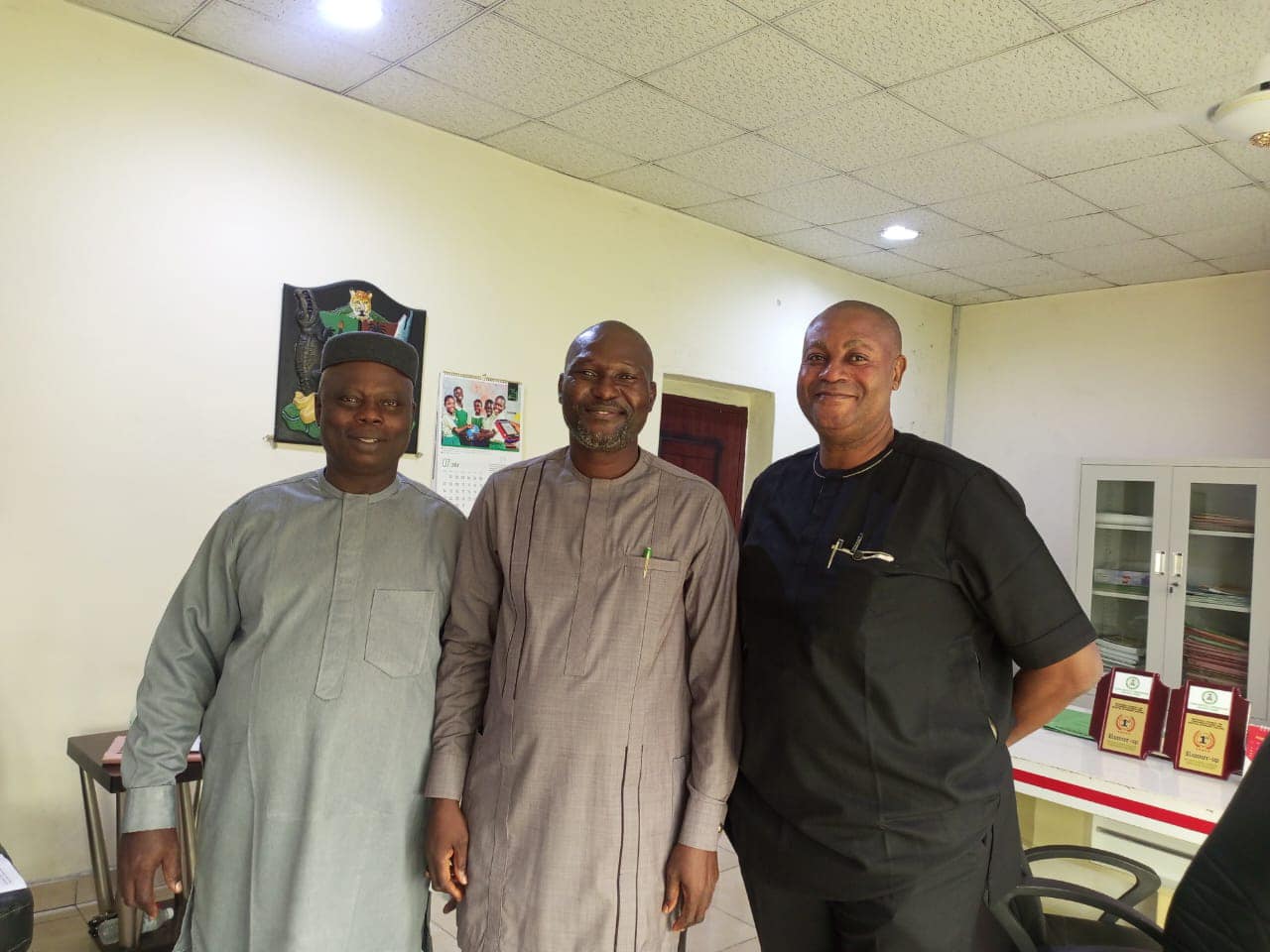Who is MCST?
The Ministry was renamed as the Ministry of Communication, Science & Technology in 2020 by the Prosperity Government led by His Excellency, Senator Douye Diri, Governor of Bayelsa State, in an effort to reduce the cost of governance.
Initially established in 2006 by then-Governor Dr. Goodluck Ebele Jonathan as the Ministry of Science and Technology, it was later scrapped after his administration. With subsequent changes in government and policies, the ministry was re-established in 2012 but merged with the Ministry of Youth, Conflict Resolution & Employment Generation. During the Restoration Government led by Governor Henry Seriake Dickson, the ministry was renamed the Ministry of Science, Technology and Manpower Development on August 6, 2012.

Vision & Mission of MCST
Our Vision
To position Bayelsa State as a hub of communication, science, and technology, fostering a culture that encourages research and innovation-driven development.
Our Mission
To establish and promote a culture of learning, and to deploy information communication, science, technology, and innovation for accelerated and sustainable development of the State. This will be achieved through strategic and coordinated utilization of available resources, ensuring global competitiveness and growth.
Our Mandate
To cultivate a scientific spirit among citizens, enabling objective analysis, rational action, skepticism, and the questioning of authority. This culture of scientific inquiry is crucial in overcoming blind dogmatism, traditionalism, and irrational fanaticism.
Capabilities & Functions
- Establish and formulate policies and strategies governing communication, science, and technology, safeguarding citizens’ rights and freedoms.
- Prepare for the administration’s operation and oversight of the State’s communication plan.
- Participate in and promote policies related to communication, science, and technological advancement.
- Ensure adherence to fees charged and collected by relevant government agencies on telecommunications companies operating in the state.
- Encourage private sector innovation in science, technology, and ICT sectors.
- Champion and present policy matters to government machinery in areas of Information Technology (IT), Communications Technology (CT), Broadcasting Infrastructure, and Information Management (IM) services.
- Oversee policy development and periodic reviews for the IT and IM sub-sectors for the growth of the e-Government program.
- Develop a public-private partnership framework to promote and drive e-Government initiative opportunities.
- Monitor the implementation of the State e-Government Framework by various Government Ministries and Agencies.
- Spearhead the creation of an enabling legal, commercial, and regulatory framework conducive to e-Government adoption for socio-economic development.
- Promote awareness and adoption of e-Government by all sectors and population segments in the state.
- Collaborate with Ministries, Departments, and Agencies of government (MDAs) to fully operationalize state ICT/e-Government institutional arrangements.
- Lead legal and regulatory reform of the ICT, Science, and Technology sectors.
- Develop a single software for one-stop-shop on revenue and dividends collection in collaboration with relevant MDAs.
- Develop knowledge of communication, science, and technology in the State in collaboration with relevant MDAs.
- Scrutinize research claims, support prototype development and commercialization, and suggest funding sources for various development stages.
- Develop highly skilled human resources and integrate them into the job market to support the commercialization of innovations.
- Collaborate with relevant MDAs to develop a State ICT and e-Government Human Resource Development Strategic Plan.
- Ensure efficient and cost-effective use of ICT resources by government agencies consistent with government procedures and regulations.
- Develop and implement a monitoring and evaluation system for the e-Government Framework.
- Collaborate with other agencies to achieve breakthroughs in key technologies for environmental protection, resource, and energy development.
- Prioritize projects encouraging innovation, intellectual property rights (IPR) proprietorship, and addressing key technological issues in IT, biotechnology, advanced agricultural technology, materials technology, manufacturing and automation technology, energy technology, and resource and environment technology.
- Develop strategies and policy frameworks for biogas solutions in the State.
- Strengthen the State’s technical capacities in Communication, Science, and Technology.
- Establish mechanisms to embrace and sustain science, technology, and innovation in the State.
- Encourage and promote the creation of innovative enterprises utilizing indigenous knowledge and technology to produce marketable goods and services.
- Monitor the operation of licensed telecommunications companies in the State.
- Promote and enable the exploitation of Science & Technology for innovation and economic development.
- Streamline government’s ICT operations to create a digital society.
- Enhance access to Government services using ICTs (e-Government) and promote the use of free and open-source software.
- Increase access to and usage of ICT within the education sector and all economic segments.
- Facilitate the acquisition of knowledge to adapt, utilize, replicate, and diffuse technologies for SMEs’ growth, health, agricultural development, food security, power generation, and poverty reduction.
- Conduct research and development on STI/ICT to align the state with global standards.
- Monitor the implementation of telecommunication laws, policies, and communication plans in the state, mediating and limiting wave abuse.
- Represent the Government in all matters relating to communication, science, and technology.
- Perform other duties and responsibilities assigned by the state’s laws.

